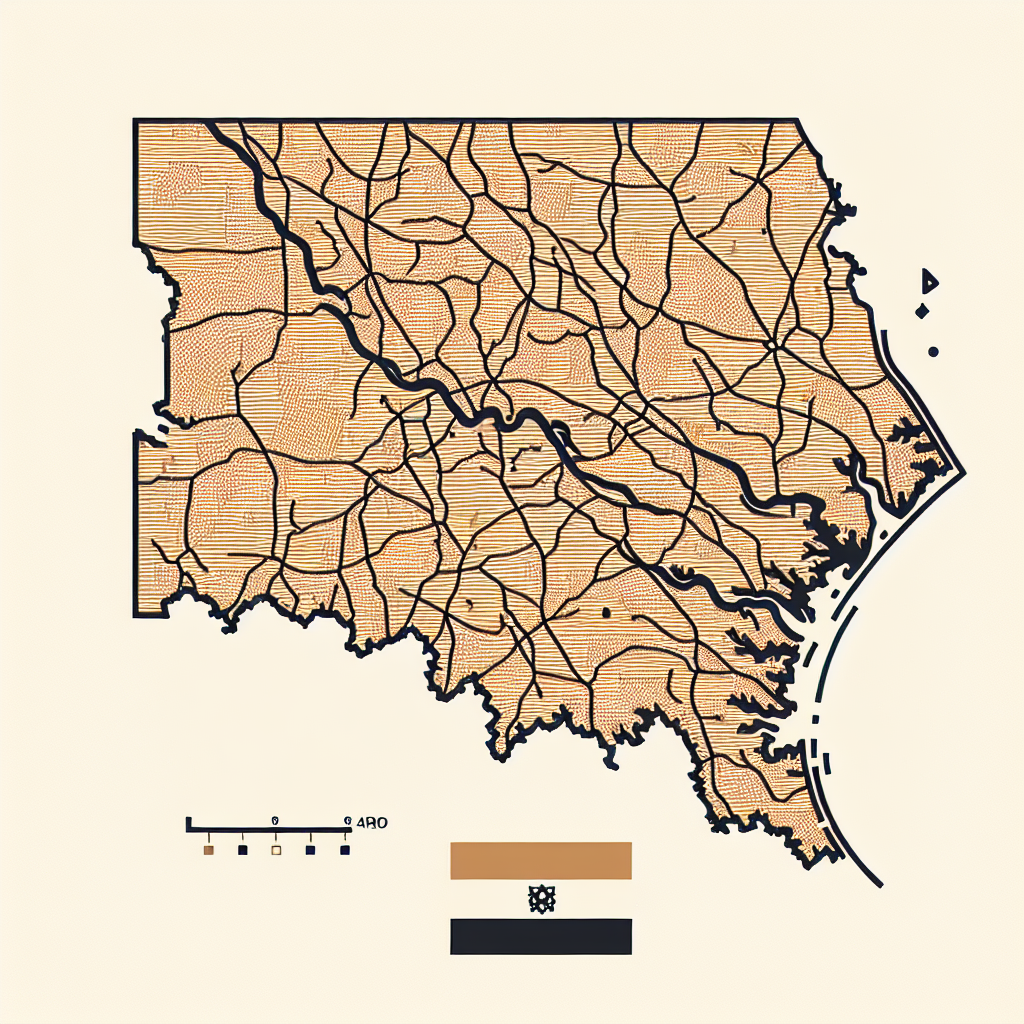FBAR Compliance for Americans with Assets in Puerto Rico
Overview
As an American with financial interests in Puerto Rico, understanding and adhering to the Foreign Bank and Financial Accounts Report (FBAR) regulations is indispensable. In my role as a Certified Public Accountant specializing in FBAR compliance, I've navigated numerous clients through the intricacies of these requirements. The essence of compliance lies not only in fulfilling legal obligations but also in safeguarding yourself against potential penalties. Let me guide you through the process, ensuring clarity and peace of mind.

FBAR Filing Requirements for US Citizens in Puerto Rico
The fundamental premise of FBAR is straightforward: U.S. citizens, including those residing in or having financial assets in Puerto Rico, must report foreign financial accounts exceeding $10,000 at any point during the calendar year. This directive ensures financial transparency and assists in preventing financial crimes. Puerto Rico, while a U.S. territory, has unique tax statutes, making compliance for American expats and residents slightly more complex yet equally critical.
Puerto Rico Asset Reporting for American Expats
Diving into the heart of Puerto Rico asset reporting, let’s keep it simple. Whether it’s a savings account in San Juan or a mutual fund investment in Ponce, the rule of thumb remains; if the aggregate exceeds $10,000, an FBAR must be filed. The beauty of Puerto Rico’s vibrant culture and economy often comes with financial intricacies, which I navigate daily, both professionally and personally, with my family’s own interests on the island.

10 Key Points
- Aggregate account values matter. Individual account sizes are less important than their combined total.
- Not just bank accounts. Securities, insurance policies with cash value, and other financial instruments count too.
- Joint accounts with a spouse or family members in Puerto Rico? Yes, they must be reported.
- Sometimes, even indirect control or influence over an account necessitates reporting.
- Deadline adherence is critical - penalties for non-compliance can be severe.
- FBAR is about reporting, not taxation; it doesn't necessarily mean your taxes will increase.
- Electronic filing is the norm - there's no paper form for FBAR.
- Understand the distinction between FBAR and FATCA requirements; some taxpayers need to comply with both.
- If you've missed previous filings, voluntary disclosure is an option. Acting sooner rather than later benefits you.
- Staying informed and consulting with a specialist can ease the compliance burden.
Country-Specific Reporting Requirements
- Accounts in major Puerto Rican banks and financial institutions must be reported.
- Investments in Puerto Rican securities are subject to reporting.
- Ownership or co-ownership of any business entities in Puerto Rico with financial accounts requires disclosure.
- Property management accounts or escrow accounts held for transactions in Puerto Rico might be reportable.
- Certain retirement accounts established under Puerto Rican law may need to be reported, depending on their structure and your control over the assets.
- Life insurance policies issued by Puerto Rican insurers with a cash surrender value are typically reportable.
- Accounts held in trust, where you have either a beneficial interest or signature authority, especially those governed by Puerto Rican law, could be reportable.
- Direct investment in Puerto Rican mutual funds and similar investment vehicles requires reporting.
- Financial accounts related to real estate investments or property management in Puerto Rico often fall under FBAR reporting.
- Educational savings accounts set up in Puerto Rico for family members might need to be reported, depending on your level of control and beneficial interest.
Additional Financial Assets and Income
- Interest, dividends, or other income generated by Puerto Rican assets must be reported on your U.S. tax return.
- Capital gains from the sale or exchange of assets in Puerto Rico are subjected to U.S. taxation.
- Rental income from Puerto Rican properties should be reported, even if reinvested locally.
- Income from services rendered in Puerto Rico, whether as an employee or an independent contractor, is taxable.
- Earnings from partnerships or corporations based in Puerto Rico might be subject to U.S. tax reporting, depending on your level of participation and income repatriation.
Compliance and Tax Considerations
- Understand the differences between Puerto Rican tax laws and U.S. federal tax laws.
- Engage a tax advisor who is knowledgeable in both Puerto Rican and U.S. tax systems.
- Beware of Puerto Rico’s tax incentives that might not align with U.S. tax obligations.
- Consider the effect of double taxation treaties and how they affect your reporting.
- Keep detailed records of all foreign financial assets, including those in Puerto Rico.
- Remember, compliance is not optional; the penalties for non-compliance can be severe.
- Frequently review your need to file, especially if your financial situation changes.
- If you have failed to file in the past, consider using the IRS voluntary disclosure program.
- Beware of scams and misinformation regarding FBAR compliance.
- Keep abreast of changes to the reporting requirements, as laws and regulations evolve.
- Digital assets may also be subject to reporting, depending on how they are held.
- Understand the implications of FATCA (Foreign Account Tax Compliance Act) on your Puerto Rican assets.
Frequently Asked Questions (FAQs)
- Do I need to report a small checking account in Puerto Rico?
— If the aggregate value of your foreign accounts, including the one in Puerto Rico, exceeds $10,000 at any point during the year, then yes. - Are there penalties for late FBAR filing?
— Yes, failure to file or late filing can result in substantial penalties. - Can I file FBAR myself?
— Absolutely, though consulting with a professional can ensure accuracy and compliance. - Is owning a home in Puerto Rico reportable?
— The home itself is not reportable on FBAR, but associated financial accounts may be. - How do I determine if I meet the filing threshold?
— Sum the highest balances of all your foreign accounts during the calendar year; if the total exceeds $10,000, you must file. - Does Puerto Rican inheritance need to be reported?
— Inherited foreign accounts are subject to the same reporting requirements as other foreign accounts. - What if I only lived in Puerto Rico for part of the year?
— Residency does not exempt you from reporting; ownership and authority over accounts do. - Can I correct a mistake on a previously filed FBAR?
— Yes, amendments can be made to correct filing errors or omissions. - Do retirement accounts in Puerto Rico need to be reported?
— It depends on the type of account and your control over it; consulting with a professional is advisable. - What is the deadline for FBAR filing?
— April 15, with an automatic extension to October 15.
File Your FBAR Now
Maintaining compliance with FBAR requirements is pivotal for Americans with assets in Puerto Rico. By staying informed, meticulously documenting your finances, and seeking expert advice when necessary, you can navigate the complexities of international finance with confidence. Remember, in the realm of FBAR, precision and diligence are your best allies. As I share this journey with you, know that you're not alone. Together, we can ensure that your financial legacy is protected and prosperous.
